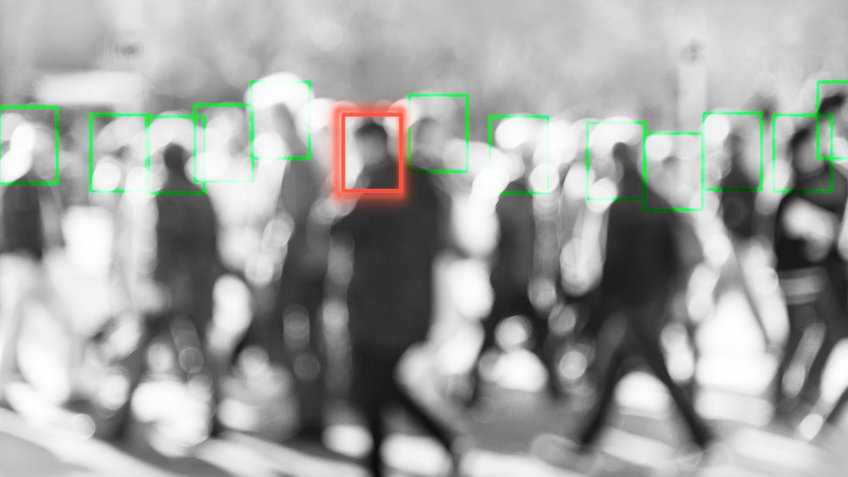
DISGRID: Discrimination and Group Identities
Opportunities in life in Europe de facto hinge on group memberships that de jure should not matter for individual outcomes – prompting EC president Ursula von der Leyen to press for renewed efforts to answer the question: “Why do racism and discrimination endure in our societies?”
This project contributes to answering two research questions in this context: i) Which types of group identities more vs. less likely induce discriminatory behavior? and ii) Which types of persons are more vs. less likely to adopt such group identities?
Thus, the project provides key empirical insights into the mechanics of discriminatory group identities and their interaction with individual levels of readiness to adopt them – a characteristic labeled groupiness.
We conducted a longitudinal lab-in-the-field study to dissect groupiness by investigating a) if long-term exposure to environments of stronger vs. weaker group identities has an impact on individual levels of groupiness and b) whether individuals who have a higher readiness to follow rules in general are also more likely to show groupy behavior.
The insights gained will allow for the development of substantially improved theoretical models of group identity based discriminatory behavior and will be informative for practitioners aiming at changing group identities for the better. In particular, the results obtained can also be used for informing and potentially improving the professional training of young women and men striving to become law enforcement officers.










